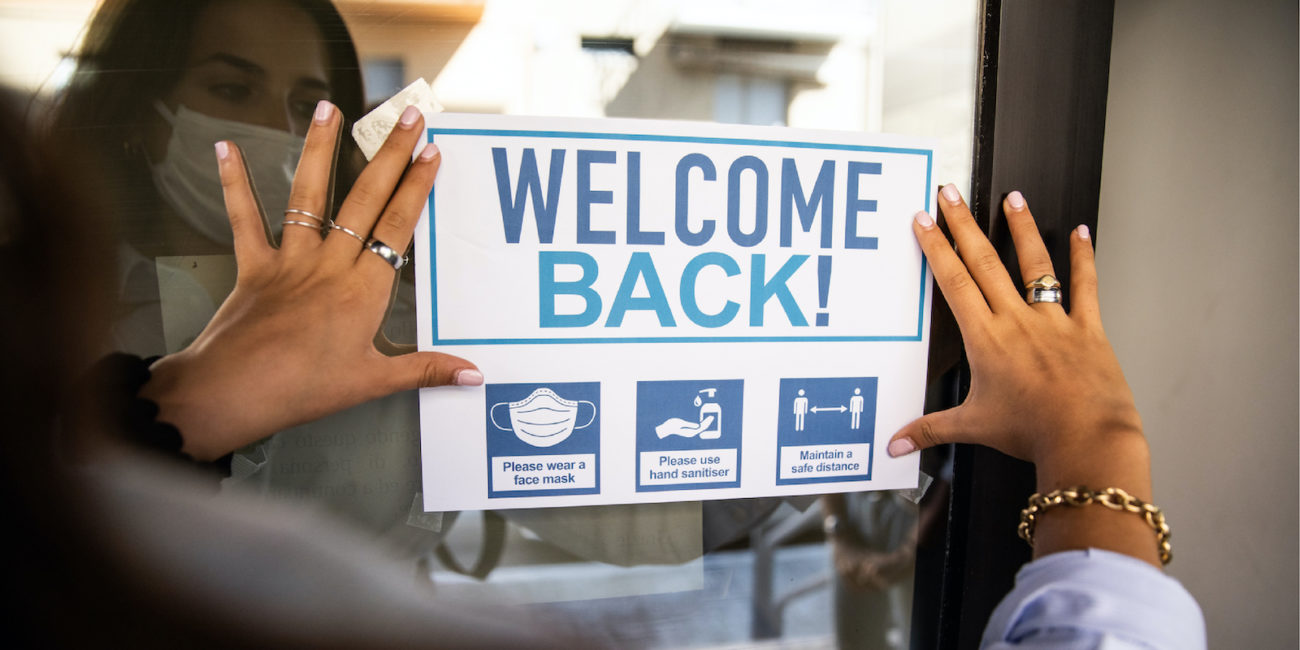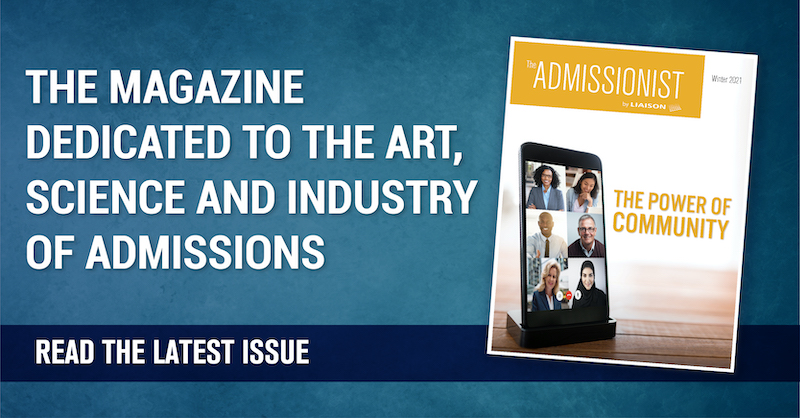More big name schools announce plans for in-person education in the fall
“Several university systems, flagship institutions and top-ranked colleges have announced in the last few weeks that they’re planning for mostly in-person instruction next fall,” including the University of Oregon, the University of South Florida, Dartmouth College and the University of Alabama System. That optimism is likely fueled by the Biden administration’s expectation of having enough vaccine doses for all U.S. adults available by late May. “The pandemic appears to be headed in the right direction for these plans to come to fruition. The number of new coronavirus cases has been much lower the past few weeks than it was in December and January, when the U.S. was regularly clocking more than 200,000 positive tests each day.”
Source: Higher Ed Dive
Fewer than half of Common App applicants submitted test scores
Through February 15, just 44% of students who used the Common App to apply to college submitted an SAT or ACT score. One year earlier, 77% included standardized test results. “Most colleges that went test optional before the pandemic have said that between a quarter and a third of applicants don’t submit scores. So if the numbers hold, they will represent a major change in the way students apply to college and the way colleges evaluate applicants, at least temporarily.” The Common App data showed a large drop in the number of minority applicants submitting test scores. For example, the number of underrepresented minorities who submitted scores at large, private “more selective” colleges declined to 40% from 84%. Among White and Asian-Americans, it dropped to 61% from 90%. The comparison only looked at institutions that used the Common App both years.
Source: Inside Higher Ed
Most students give online learning a passing grade
More than 90% of recently surveyed college students said they believe online learning offers a good return on investment and that they would recommend it to others. More than 70% said online education is at least as good as, if not better than, in-person instruction. Roughly half (49%) expect to continue enrolling in online courses after the pandemic ends. Researchers also polled college administrators, nearly two-thirds of whom said their biggest challenge this year is institutional finances. More than 80% said online courses will need to increase in the next few years.
Source: University Business
Black and Hispanic students had lower success rates at for-profit colleges
In the years following the Great Recession, Black and Hispanic students who attended for-profit colleges had significantly worse outcomes than those who attended non-profit institutions. “The six-year graduation rate for Black students entering higher education in Fall 2012 was 42.9% at public four-year universities and 45.5% at private non-profit four-year universities. It was only 14.2% at for-profit four-year institutions. Although Hispanic students were more likely to graduate than Black students across all institution types, the pattern of lower six-year graduation rates at for-profit four-year institutions was the same for them — 55.2% completing at public four-year institutions, 57.1% completing at private non-profit four-year institutions, and just 28.1% completing at for-profit four-year institutions.” Students who attended for-profit schools also experienced the steepest earnings decline following the Great Recession.
Source: Forbes

